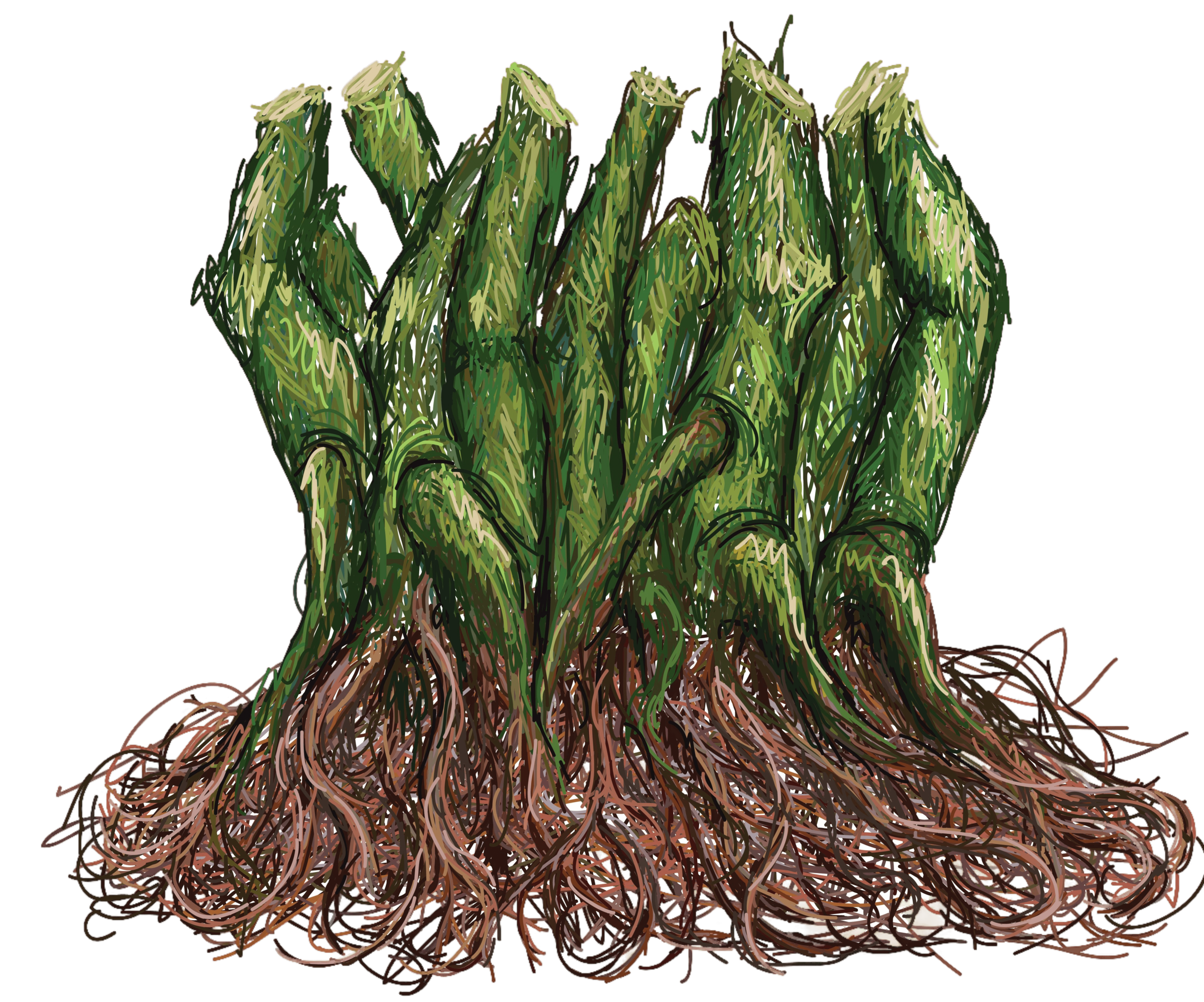Kava, known scientifically as Piper methysticum, is a plant indigenous to the Pacific Islands, esteemed for centuries in both social and ceremonial contexts. The root of the kava plant is traditionally used to prepare a drink known for its soothing and tranquil effects. Recently, kava has gained popularity in the Western world, not only as an herbal supplement but as a treasured beverage, attributed to its potential wellness benefits. This article delves into the history, culture, and possible health benefits of kava, with references to scientific research and cultural studies.
Discovering the roots of kava: A historical and cultural journey
Originating in Vanuatu, kava’s history extends thousands of years, eventually spreading throughout the Pacific Islands. It played a significant role in the social and cultural life of various communities. For detailed historical context, Smithsonian Magazine offers an in-depth exploration of kava’s origins and cultural significance.
Fiji’s kava ceremonies are particularly noteworthy. An insightful article by Namale Resort & Spa provides an in-depth look at what transpires during a Kava Ceremony, highlighting its significance in Fijian culture. This resource can be found here and offers valuable insights into the ceremonial aspect of kava.
Kava in traditional medicine
Kava’s traditional medicinal uses include pain relief, muscle relaxation, and anxiety reduction. These practices continue in many Pacific Islander communities. The National Center for Complementary and Integrative Health provides further information on kava’s traditional medicinal uses.
Health Benefits of kava: From stress alleviation to cognitive enhancement
In the Western context, kava is lauded for potential wellness promoting properties such as stress relief, anxiety reduction, and cognitive enhancement. Studies, such as those found on PubMed, indicate kava’s potential in lowering anxiety levels and promoting relaxation without impairing cognitive abilities. Additionally, kava has shown promise in improving cognitive functions like attention and memory.
Conclusion
Kava, with its rich history, cultural significance, and potential health benefits, is an intriguing subject for both cultural enthusiasts and health-conscious individuals. While more research is necessary to fully understand kava’s therapeutic properties, its contributions to health and culture are noteworthy. Exploring kava could be beneficial for those seeking natural remedies for stress, anxiety, or cognitive improvement.
Tags: kava root benefits, kava health benefits, kava origin, health benefits of kava, kava nectar benefits, health benefits kava


